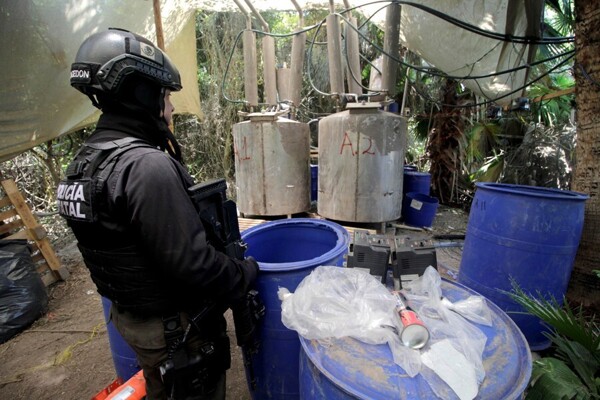
On Monday night, Dr. Eduardo Suárez, grandson of the former Secretary of Finance of Mexico, attended a class at UDLAP, where he recalled the negotiation of the Mexican debt by his grandfather. He emphasized the importance of opening the Mexican market to other countries, even though this could unsettle the current U.S. government.
In a column for the Wall Street Journal, María Anastasia O’Grady pointed out Trump's tendency to favor autocrats and quasi-criminal states. Mexico's voting in the UN condemning the Russian invasion of Ukraine was applauded, while the position of the United States as a reliable partner on the international stage is being questioned.
Suárez's grandson described the expropriation of oil in 1938 as a war effort, backed by Roosevelt to contain companies like Standard Oil. Patricia Armendáriz called for diversifying economic relations towards the Pacific Basin, raising doubts about the viability of this option.
The MAGA Republicans, led by Trump, have generated uncertainty in the Mexican economy, while Germany has solidified its support for Christian Democrats. The figure of Elon Musk and his similarity to American elites was also a topic of discussion. Amid these challenges, the importance of working with other countries affected by current U.S. policies to preserve the global order established after 1945 is highlighted.












